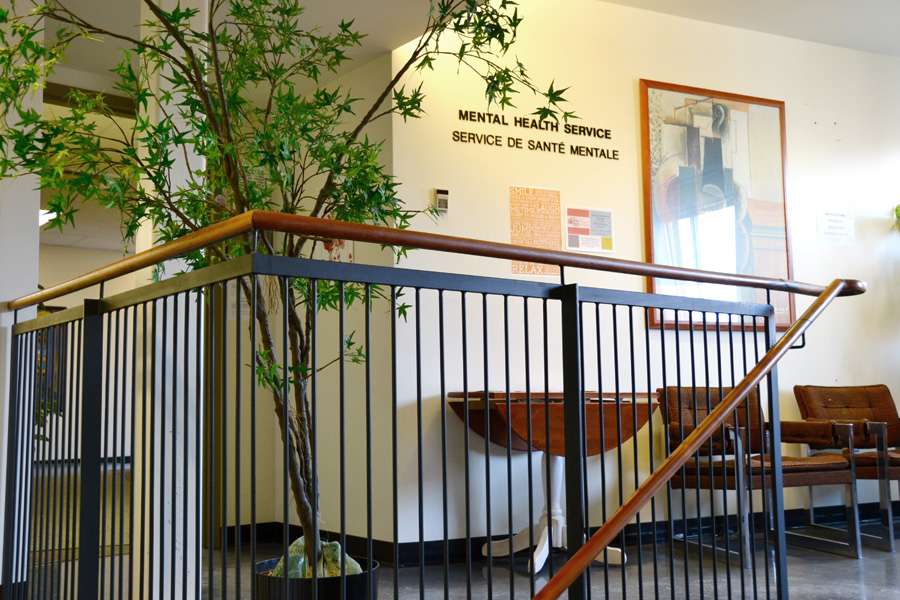Last Tuesday, McGill University announced the creation of the McGill Wellness Portal, a website that will aim to address students’ mental health. The project was set in motion two years ago, when the university received a $500,000 grant from Bell Canada, as a part of the company’s ‘Let’s Talk’ campaign, to use towards mental health initiatives targeted towards students. The website, which has not yet launched, will feature a ‘self-assessment tool’ that students can take to screen for common mental health problems, such as depression and anxiety.
L’Université de Montreal (UdéM) also received a grant for $500,000, which they will use towards providing group cognitive behavioural therapy for students.
Elizabeth Cawley, health commissioner of the Post-Graduate Students’ Society (PGSS) and a PhD student in psychiatry, said that the website would provide students with advice with regards to seeking further help for mental health problems.
“Based on the students’ responses, the system will provide a recommendation of further intervention where warranted, including detailed information on where to contact McGill Mental Health Services and counselling service professionals,” Cawley said.
She continued to stress that the project was a collaborative one that included students at both the undergraduate and graduate level.
“[The] Mental Health Coordinator that’s overseeing the project was a former graduate student,” Cawley said. “[There are] undergraduate students researching different aspects of it [….] It’s been presented to some of the [Students’ Society of McGill University] (SSMU) executives and the PGSS executives for feedback.”
“The whole idea is that it’s supposed to be for students,” Cawley added.
Giuseppe Alfonsi, a clinical psychologist at McGill Mental Health Services, echoed the importance of student feedback for the Wellness Portal.
“The goal is to create a very visually attractive website, with content that is student-driven,” Alfonsi said. “We’re still in the process of organizing it, collaborating with different student groups.”
He went on to explain that the website consisted of components including the Patients’ Health Questionnaire, a commonly-used clinical tool for mental illnesses, for students to self-screen. It will also include elements of education on mental health statistics and work towards decreasing the stigma surrounding mental illnesses.
“This is really just phase one, but the goal is [to launch] by the end of next year,” Alfonsi said. “We’re just shopping this around with student associations right now before we go university-wide with this, and we really want to fill it up with more content.”
Alfonsi also explained that the $500,000 in funds, which is being distributed to McGill over a five-year period, would also towards reducing long waiting lines for mental health services for students.
“One of the other attached pieces to this is to use some of these funds to kind of make our services more accessible, so that could either be hiring another clinician or [other measures],” Alfonsi said. “So there is that component of thinking behind the website, how do you actually deliver the service, to get people to go?”
Chair of McGill’s Board of Governors Stuart Cobbett said the website would enhance students’ awareness of the importance of mental health.
“This new tool will enable McGill to reach out to even more of its students, to help them get the help they need quickly, privately, and effectively,” Cobbett said. “More than that, [it] will help us send the message to the future leaders that pass through our campuses that mental health issues are common, they are devastating, and they are worth talking about.”








Start with the people writing your curriculum if you’re looking for patients.